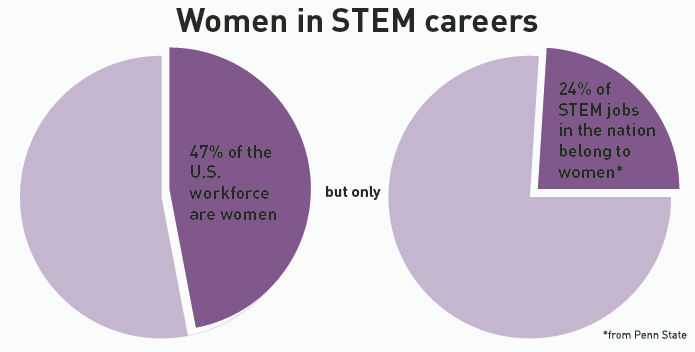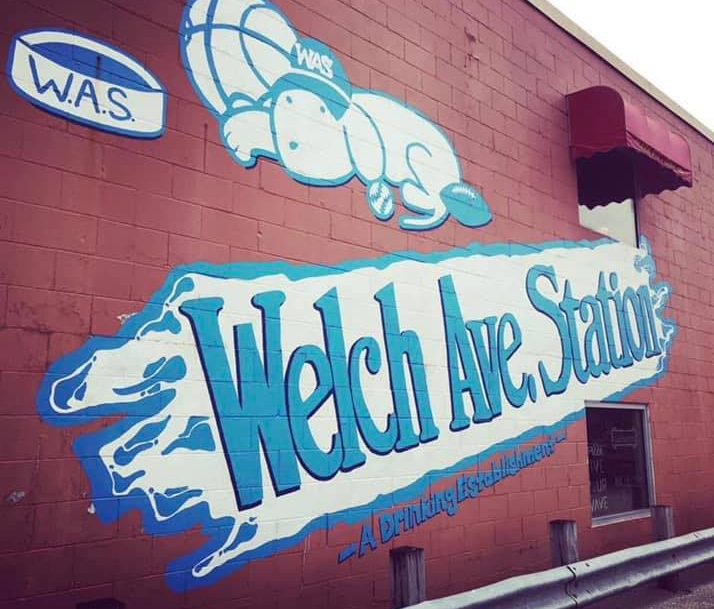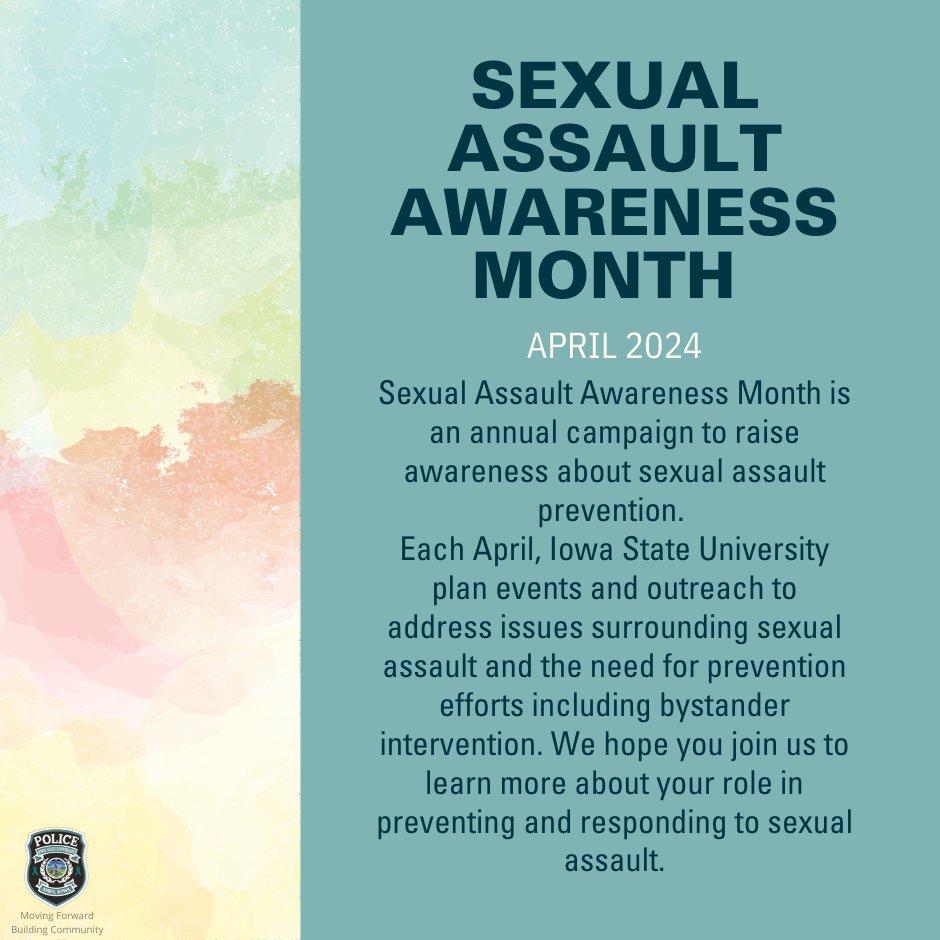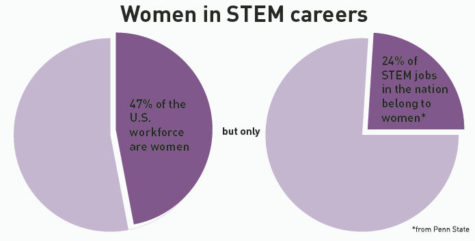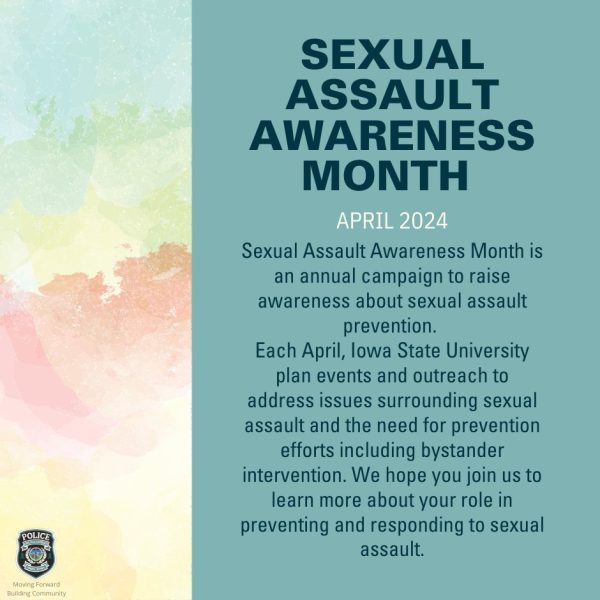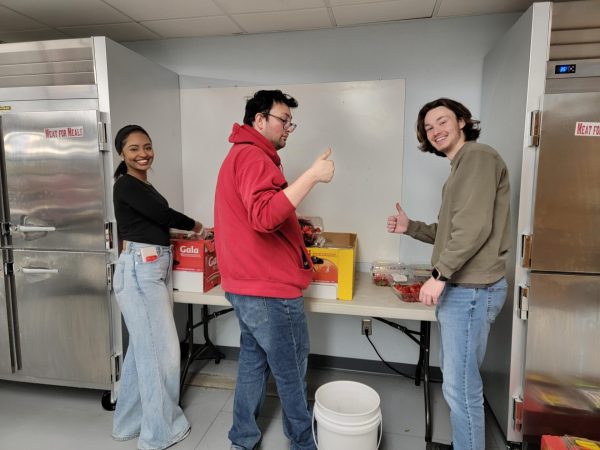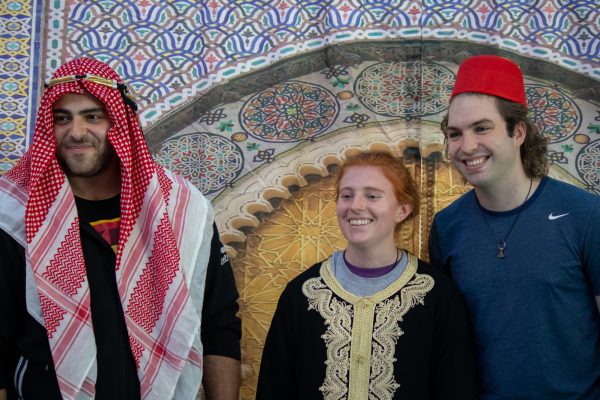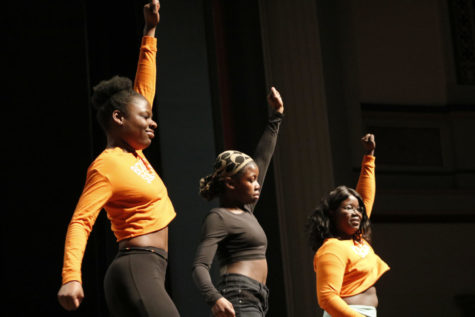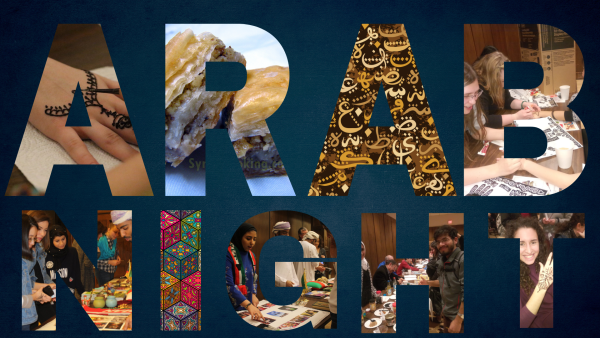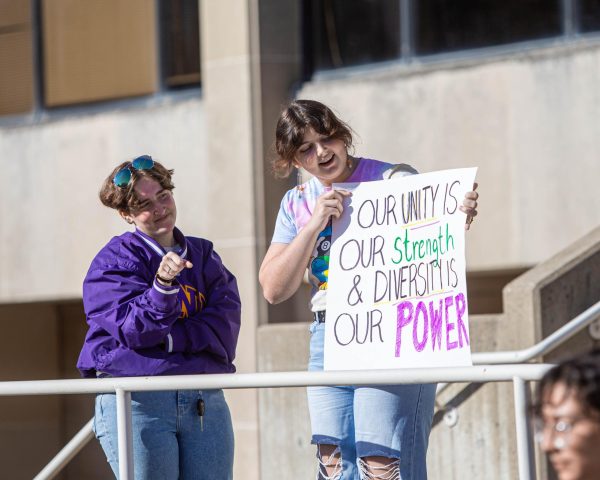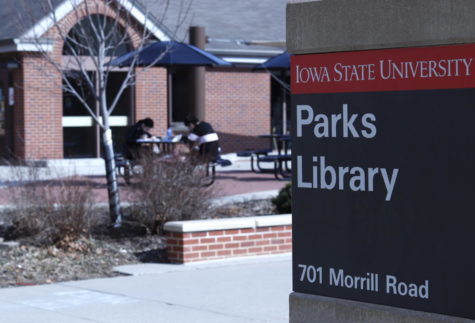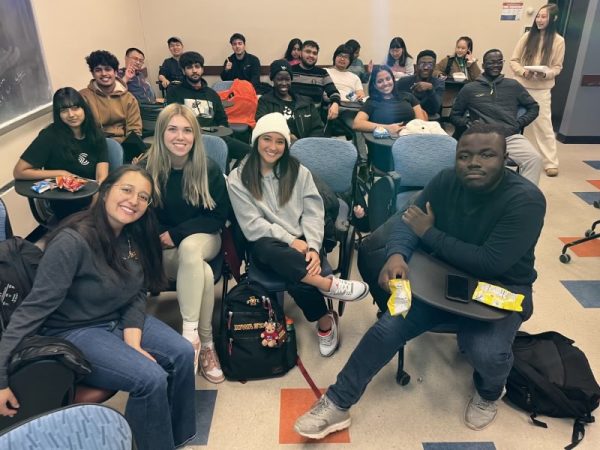ISCORE: A day in the life of an MVP scholar
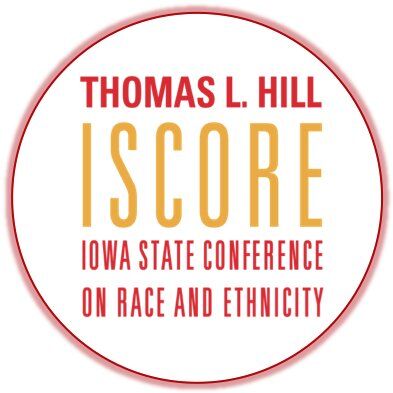
Iowa State’s Thomas L. Hill Iowa State Conference on Race and Ethnicity is celebrating its 21st anniversary this year during the virtual two-day conference.
March 4, 2021
The 2021 Iowa State Conference on Race and Ethnicity (ISCORE) conference kicked off Thursday with a seminar on “A Day in the Life of an MVP Scholar.”
The Multicultural Vision Program (MVP) awards scholarships in the amount of tuition to incoming first-year students. Students in MVP must be a resident of the state of Iowa and a U.S. citizen and identify as American Indian or Alaskan Native, Black/African American, Asian American, Native Hawaiian or Pacific Islander, Hispanic or Latinx or multiracial.
The Q&A consisted of MVP scholars Rose Berber, who is majoring in civil engineering, Ayah Gleisner, who is majoring in chemistry and Paiton Pumroy, who’s majoring in industrial engineering.
All three scholars said they shared a sense of excitement and relief when they found out they received the scholarship and agreed it is easier to focus and prioritize school without the financial burden of tuition.
“We hadn’t been saving as much for college as we expected college to cost,” Pumroy said. “I had been deciding between schools, we knew it was going to be a big financial burden. We were prepared to take on loans, do whatever we needed to do. It was just one of those like, you could take a deep breath and it’s going to be OK.”
Gleisner said she applied for the scholarship in part to pay her parents back for all the support they gave her throughout her academic career. Gleisner applied for as many scholarships as she could but she said the MVP scholarship was a good fit for her because many activities she did in high school paired with MVP’s message of inclusivity.
Iowa State undergraduates in MVP are guided by five principles: sense of belonging, social involvement, academic success, leadership and development and community engagement. University Studies 101B is a part of the first-year seminar for the MVP. Scholars spend the semester exploring varying strategies for academic success and take part in discussion about self-discovery.
Berber said she screamed a little when she opened her acceptance email from MVP.
“I saw that email of congratulations and was really excited about it,” Berber said. “It is just a great opportunity and felt really good to know that I would have the chance to come here to Iowa State.”
All three scholars said they appreciated the community aspects MVP supplies them while attending a predominantly white institution (PWI). The scholars also work with MVP staff to help guide them during their time at Iowa State. Gleisner said people who are white or white passing do not share the same experiences people of color do and it was an adjustment coming from a diverse city to Ames.
“They (MVP staff) have been really helpful because they can kind of be our mentors and show us how you can succeed even if you have a lot of stuff stacked against you,” Gleisner said.
Like any scholarship, the MVP has an application process. Berber said oftentimes people think MVP scholars only receive this grant for being a person of color when in reality that is not the case.
“This opportunity is simply an opportunity for more diversity at Iowa State and a lot of people will try to take that little victory away from you,” Berber said. “But the important thing to remember is you do deserve this and you do belong here.”
Pumroy said the greatest challenge she has recently overcome is being comfortable with being uncomfortable to become successful.
“I might not feel all that within the community at the moment and just being like that is OK, I am going to take that into consideration but work as hard as I can and better myself,” Pumroy said.
All three scholars battle microaggression and Berber said it is a slow process of realizing internalized biases but it is still something everyone needs to work to overcome.
“Having those tough conversations with those people who might not understand your point of view and just being able to understand that you have to explain, to listen and you have to learn,” Gleisner said. “You have to be willing to learn to understand better.”

